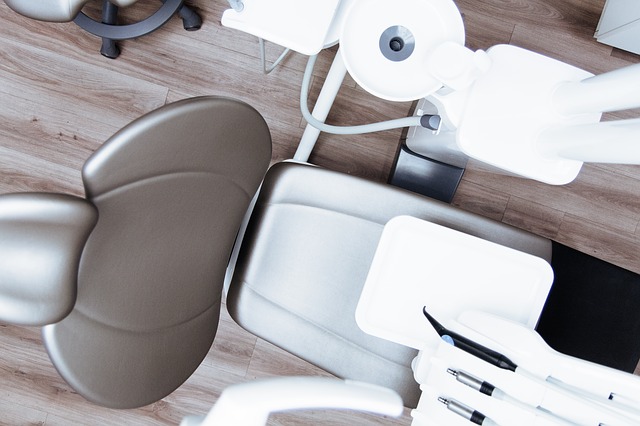It is important to get a good night’s sleep every night. In doing so, your body is restored and your mind is enlivened. And, when it comes to sleep, dental health care is often one area you might have overlooked.
More than 18 million Americans suffer from obstructive sleep apnea (OSA), which means they need a good night’s sleep in order to save their lives. By visiting your dentist, you can find proper treatment options to help relieve your symptoms.
What is the dentist’s role?
Dentists are often the first line of defense against sleep apnea, and are the first to notice symptoms because they are in contact with their patients more frequently than the family doctor. Dr. Bonnie Foster can notice and detect the less evident symptoms of sleep apnea through asking questions and talking with you, along with an exam.
She might suspect you suffer from sleep apnea if you have complaints of lethargy, morning headaches, or dry mouth. When signs and symptoms are first noticed, dentists will send patients to sleep medicine specialists who can properly diagnose sleep apnea. If diagnosed with a sleep breathing disorder, the specialist might then refer you back to our office for treatment with oral appliance therapy.
What treatment options are available?
Treatment options for sleep apnea will vary depending on the severity of the disorder. If you are suffering from mild sleep apnea, simple behavioral changes such as losing weight might make all the difference.
Those suffering from mild to moderate sleep apnea can also be treated with oral appliance therapy. Similar to a mouth guard, an oral appliance helps to reposition the jaw and tongue to improve airflow. As with any appliance, they will require some adjusting and commitment but are easy to wear and use.
To learn more about treatment of sleep apnea, please contact Dr. Sara at our office today!







